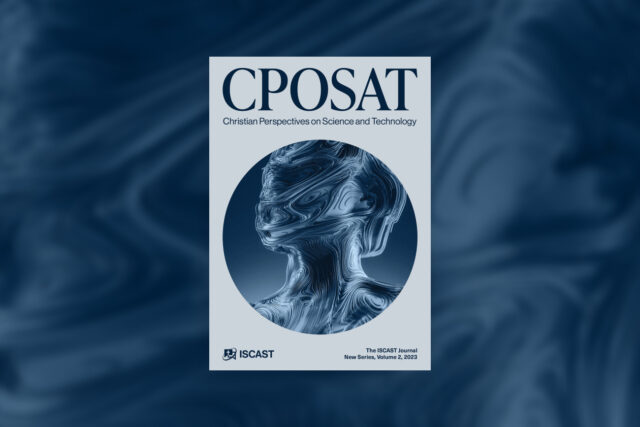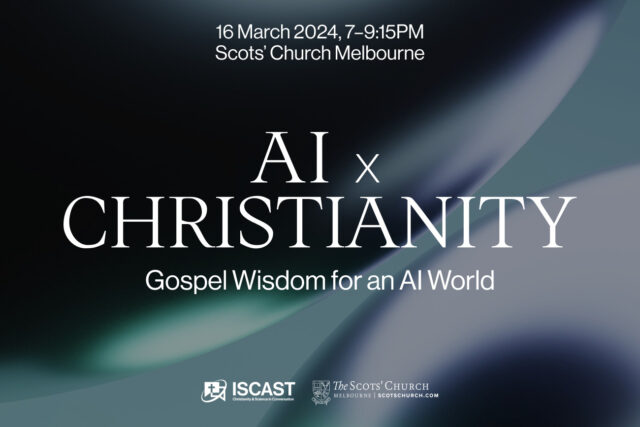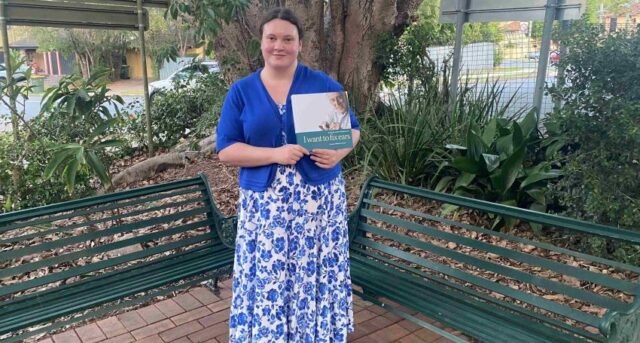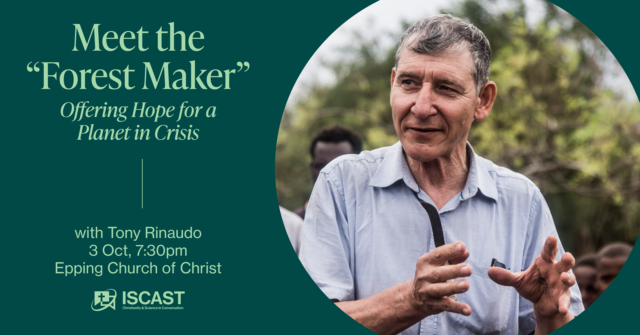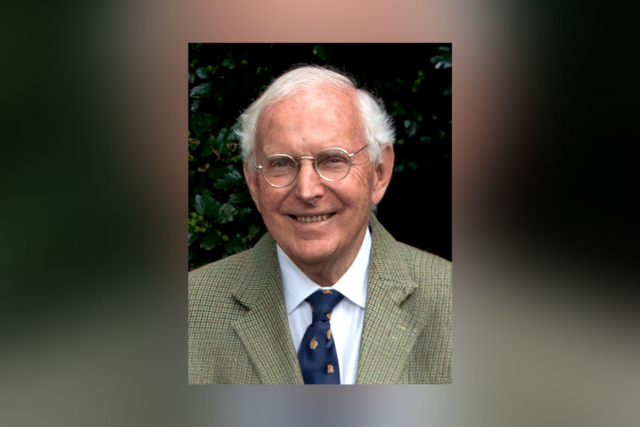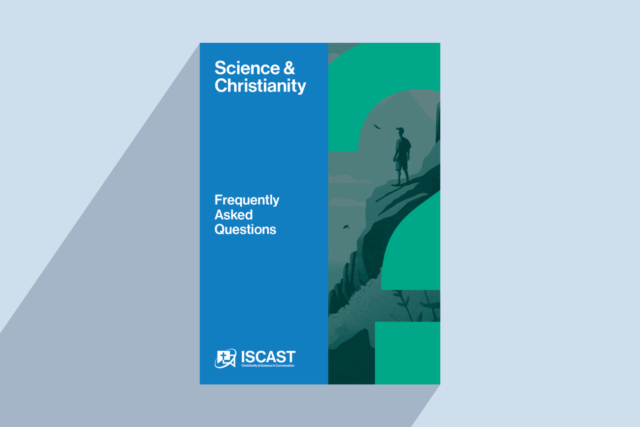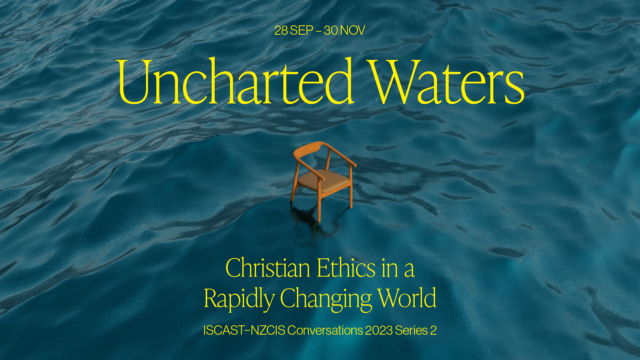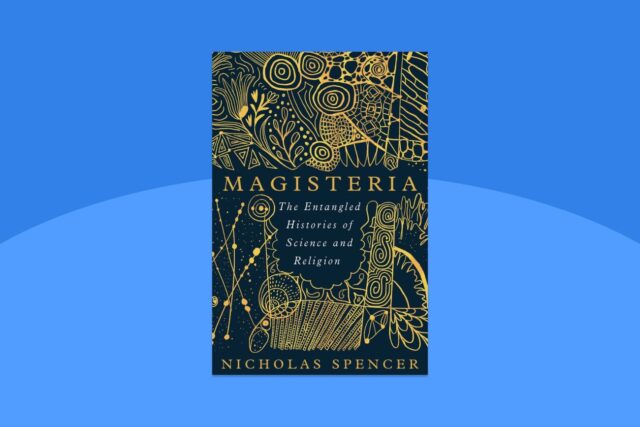
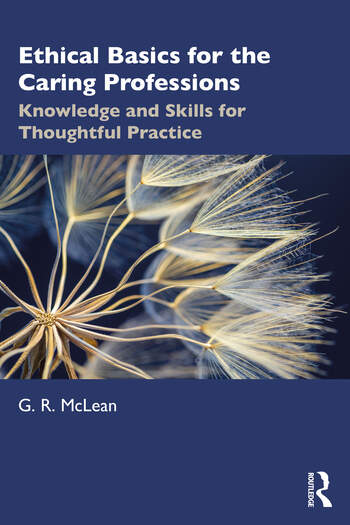

Congratulations to ISCAST Fellow Graeme McLean for his new book, Ethical Basics for the Caring Professions: Knowledge and Skills for Thoughtful Practice, now available to purchase.
This book trains students of the caring professions, across health and social care, in the basic philosophical skills and knowledge needed to deal with the ethical aspects of their profession.
We asked Graeme to tell us a little about the book, and why he wrote it:

It is true that much contemporary philosophical discussion takes for granted an atheistic stance, and many of the views expressed in these discussions are inconsistent with what Christians would maintain. Nevertheless, there is good theological reason—as well as philosophical reason—to assume that people from very different positions share much common moral ground. And philosophy has managed to clarify some principles which we can all recognise as useful guides in our professional conduct. Furthermore, philosophy is itself the discipline which trains us in the skills to think critically about the ethical views expressed by philosophers—the skills to evaluate moral arguments, to expose the presuppositions of some moral view or theory, and to test the theory by teasing out its consequences, examining whether these consequences fit upon the common ground we share. Within this critical discussion we can be quite open in comparing the moral fruits of the Christian world-view with the sometimes starkly different fruits of alternative world-views. Philosophy even provides us with the tools to examine the provocative but exciting question of whether the Christian world-view offers the best explanation of what is most admirable in professional care.
All these are matters which I explore in my courses. My aim is to help my students to be equipped for thoughtful, critically aware and morally responsible professional practice. And now that I have retired from full-time teaching, I have been encouraged to make some of these explorations available to other students and teachers, and to interested professionals. Hence this book.”

